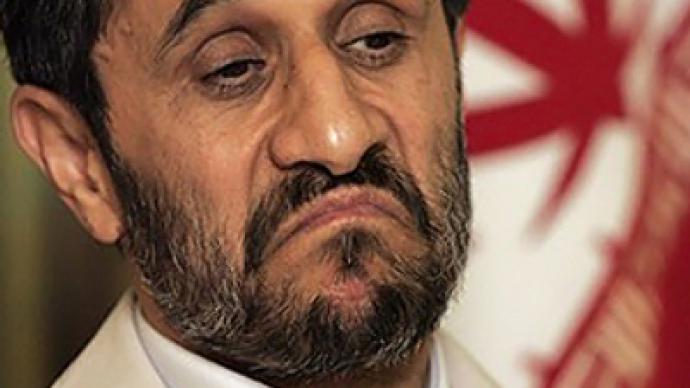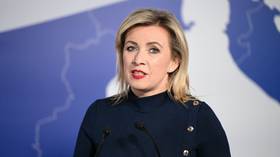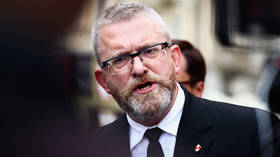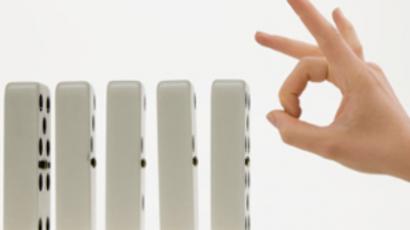EU puts more pressure on Tehran: set of sanctions approved

The pressure on Tehran is growing as the EU foreign ministers have formally approved their toughest ever package of economic sanctions against Iran over its uranium enrichment program.
The fresh sanctions that target the Islamic Republic’s foreign trade, financial and the energy sectors will come into force on July 27, writes RIA Novosti, citing a diplomatic source close to the Council of the EU.
Among the EU restrictions is a ban on investment in Iran’s oil and gas industries – vital for the country’s economy. That includes a freeze on the transfer of equipment and technology. In addition, it is expected that new visa restrictions will be introduced and a list of regime insiders who are banned from entering the EU will be extended and that bank accounts belonging to the Iranian Revolutionary Guard Corps will be frozen.
Belgian Foreign Minister Steven Vanackere, whose country currently holds the rotating EU presidency, said he sincerely believes that the EU stance on Iran is well balanced.
“It is a common position aimed at persuading Iran to return to the bargaining table. At the same time, if dialogue proves to be impossible, sanctions are necessary,” he said, writes Itar-Tass.
Earlier, Iranian Oil Minister Massoud Mir-Kazemi stated that Iran would not decrease its oil production despite EU sanctions, wrote the Islamic Republic News Agency (IRNA). Talking to the agency, he said that the country is used to being sanctioned since the 1979 Revolution and therefore does not see a problem in facing them. He added that mainly it is Iranian companies rather than European who are involved in developing Iranian oil and gas industries.
The EU’s latest move is aimed at trying to convince Tehran to halt its uranium enrichment program – which is feared to be aimed at creating weapons – and come back to the negotiating table. Iran maintains that its nuclear program is purely peaceful.
Speaking on Sunday, President Mahmoud Ahmadinejad stated that Iran is always open for dialogue, but warned the EU against imposing new sanctions against the Islamic Republic.
“Should you make any decisions against Iran, including ship inspections, you will see the Iranian nation's immediate response. Everybody knows that the Iranian nation's response will cause [the enemy to] rue the day,” Iranian Press TV quotes him as saying.
Accusing the US of leading a scenario against Tehran, he said that any nation who joins Washington would be regarded an enemy, MehrNews wrote.
“War is not necessary to confront the US and its allies. Iran’s culture, policy, and wisdom will bring them down,” he is quoted as saying. And if any country attacks Iran, “the Iranian nation will cut off its arm,” Ahmadinejad said.
He also pointed to Tehran’s cooperation with the International Atomic Energy Agency for years “so that all could observe Iran's peaceful activities and now we are certain of their animosity.”
President Dmitry Medvedev has also come under fire from the Iranian leader. Ahmadinejad referred to the Russian leader’s recent remarks at a meeting with Russian ambassadors and permanent representatives, where he said that Iran “is getting closer to possessing the potential that in principle can be used to create a nuclear weapon.”
“We regret that Medvedev has become the mouthpiece for the plans of Iran's enemies,” was Ahmadinejad’s comment.
Russia initially opposed sanctions against Iran and insisted the dispute should be solved through dialogue. However, on June 9, along with other members of the UN Security Council, it approved the new set of sanctions against the republic. That followed Tehran’s failing to prove its program has no military motives.
“We should now be patient and resume the dialogue with Tehran as soon as possible,” Medvedev said at his meeting with diplomats in June. “That is, we believe, the key goal of the new UN Security Council resolution on Iran”.













